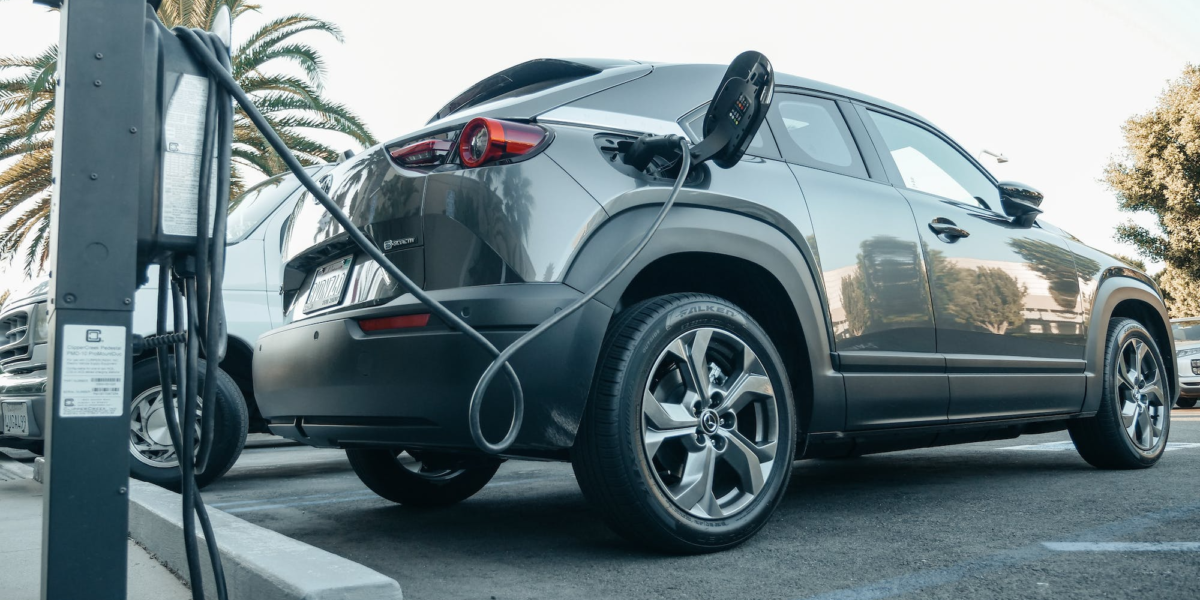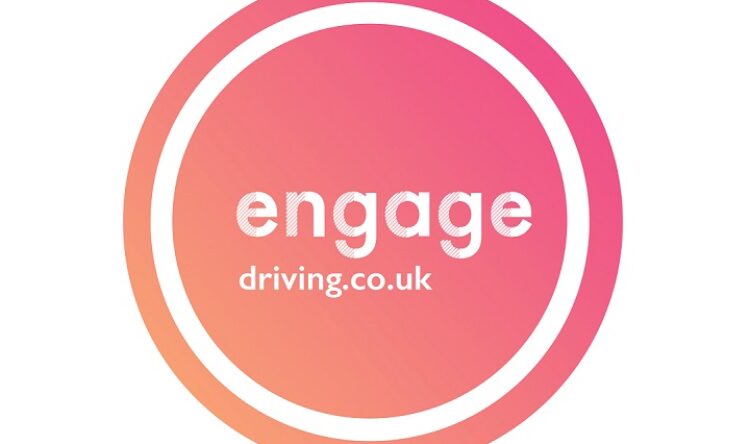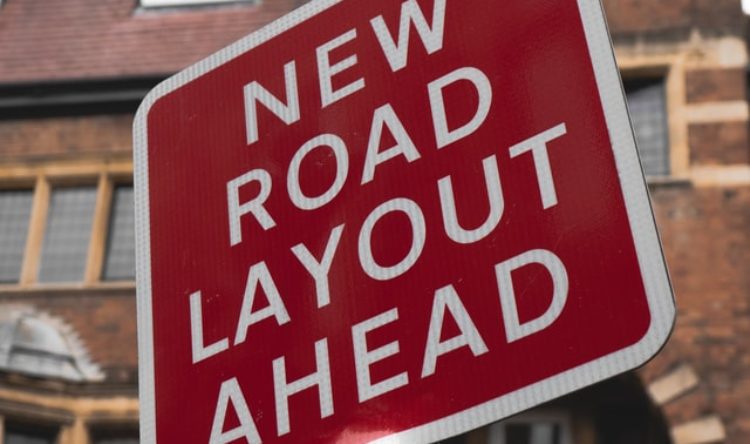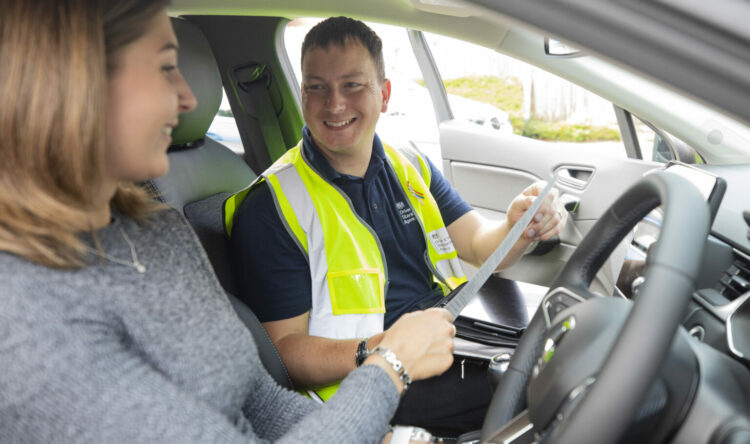Time to learn electric
Calls are growing for more learner drivers to choose electric avenue
Is it time to encourage learner drivers to go electric?
This is thew question being raised by EV (electric vehicles) experts who are urging the DVLA to get involved.
The sale of new petrol and diesel cars in the UK will be banned by the government in just seven years time. It means the demand for electric cars is only going to continue to increase. Official figures for EV new car sales show huge increases year on year. Not only this, the second hand market is also flourishing meaning access to cheaper options favoured by new drivers is increasingly attractive.
Plug in to test
Electric vehicle experts at LeaseElectricCar.co.uk want more driving tests to be carried out in EVs.
They believe it won’t be long before we see EV’s dominating UK roads. Electric vehicle registrations between December 2019 and December 2020 increased by over 300%, and this is only expected to rise.
Slowly decreasing the amount of learners practising in petrol and diesel vehicles will match the steady increase of electric cars sweeping the country. It will also encourage the wider transition to zero emission vehicles, as required under international environmental agreements.
A fast improving infrastructure for charging is also put in place, partly state funded, partly private sector. The government is committed to implementing 300,000 new charge points across the country, backed by £1.6 billion. This means it will be easier for more and more people to drive EVs without range anxiety and with a positive change in motoring behaviours.
Automatic choices
However, some say that taking a test in an EV may be a barrier to learner drivers. Fundamental to the issue is the fact that successful test candidates will only be able to drive automatic cars.
Though it should be pointed out that over recent years, learning in automatics has also been increasing too.
With EVs becoming much more mainstream, commentators don’t see the need for pupils to worry about only being able to drive automatic vehicles.
There have been repeated calls for the DVSA to change the rules over manual and automatic licensing. Many countries in the EU already have a policy of accepting a professional conversion lesson with a registered driving instructor to allow licence permissions to be amended to allow for driving a manual if you have passed your driving test in an automatic transmission vehicle.
So far the DVSA has failed to follow this path.
Carrots and sticks
Petrol and diesel cars will soon be a thing of the past.
But despite the push for more learners to take up EV driving lessons, the access to instructors with electric vehicles is still extremely limited.
It is a chicken and egg situation – rising demand will increase the number of ADIs willing to switch to EVs. In turn this will encourage more learners to go electric.
However, relying on public charging points and battery range on EVs is a worry for instructors. The hopes of more investment into electric cars and infrastructure is expected to diminish concerns.
It is also worth noting that with most driving lessons taking place at low speed in urban environments, range on modern EVs is not an issue. If it is, then an 80% charge can normally be achieved a fast chargers in around 20 mins.
New era
Learning to drive in an electric car will change the game for many pupils. This is specially true for those who find it difficult to manage the clutch on tricky hill starts, or struggling when changing gears.
Commentators believe current driving test pupils will soon have to be updated to suit electric car learners.
Electric cars have one driving pedal, so pupils might be asked to demonstrate accelerating and braking with single pedal driving.
The driving test may also incorporate knowledge of charging. Importantly, how often the car should be plugged in as well as showing an understanding of economically using the battery power and anticipating battery usage.
Another point on a reformed driving test could include learner’s understanding of range. How far EV’s can travel without charge, or planning journeys to know where the car can be charged.
Electric vehicles also need to have a greater awareness of pedestrians. Many more vulnerable road users will be listening out to the louder petrol and diesel cars. The silent running of EVs means learners will need to demonstrate understanding and anticipation of the potential hazards that arise.
Time for positive change
Tim Alcock at LeaseElectricCar.co.uk says that the “current generation of learner drivers” are those who will be driving EVs into the future.
“With a shift towards EVs already taking place in the UK…. it makes sense for a greater number of learner drivers to start using EVs.
“The lack of EV driving instructors is an issue currently slowing down the move towards getting more electric vehicle motorists out onto the roads.
Alcock adds that access to EV ADIs is an issue that needs addressing.
“The practical driving test will one day soon have to be reformed to suit more pupils who are learning in electric vehicles.”
He believes it is time for the DVLA , DVSA and the government to address an increasingly problematic issue.
“Learner drivers should increasingly be offered the opportunity to drive electric vehicles.”







